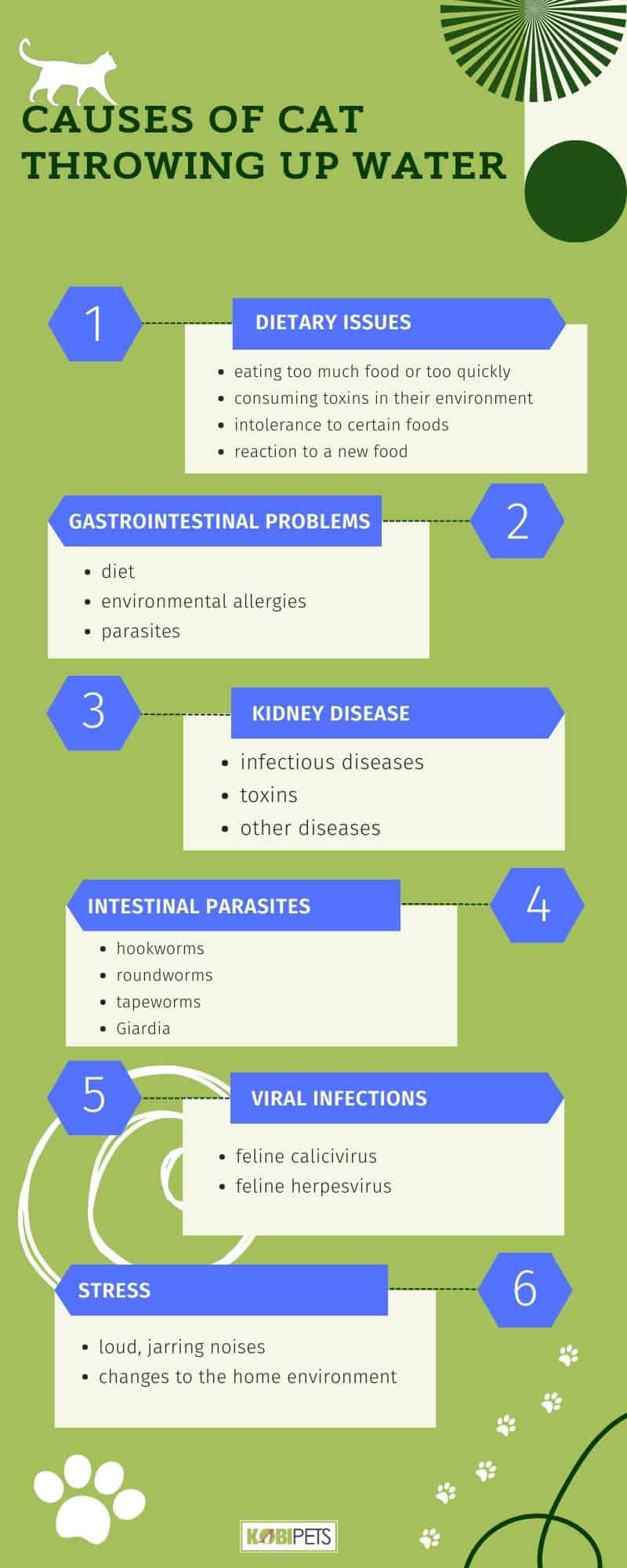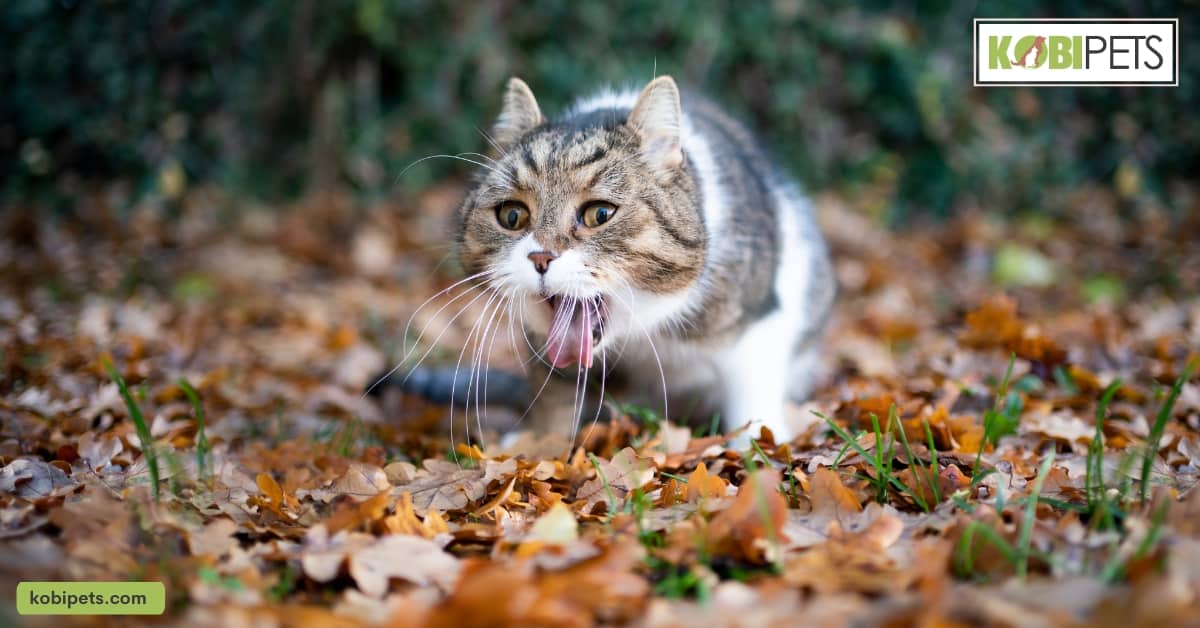
If your cat is throwing up water, it could be a sign of an underlying medical issue. Common causes include gastrointestinal problems, diabetes, kidney disease, or infection. It’s important to take your cat to the vet if this behavior continues for more than 24 hours so that any potential health issues can be diagnosed and treated. Additionally, make sure your cat has access to fresh water and that the bowl is kept clean, as dirty bowls can be a source of infection.
Cats are usually very healthy animals, but sometimes they can experience issues that require medical attention. One symptom of an underlying health issue is when your cat throws up water or a clear liquid. This can be concerning for many owners, and it’s important to know the causes and treatments for this condition.
In this blog, we’ll discuss why cats throw up water or clear liquid and what you can do if your cat is experiencing this symptom. We’ll also provide advice on how to prevent your cat from throwing up water in the future.
Why Is My Cat Throwing Up Water?
If your cat is throwing up water, it could be a sign of health problems. If vomiting continues or is accompanied by loss of appetite and/or lethargy, take your pet to the vet as soon as possible. The most common causes of water vomiting in cats include hairballs, parasites, internal blockages, genetic kidney disease, or food allergies. Hairballs are easily treated with a special shampoo.
Parasites can often be cleared up with deworming agents. Blockages require surgery to remove them. For kidney diseases and food allergies, vets may recommend dietary changes or supplement therapies to alleviate symptoms. In any case, pinpointing the cause of your cat’s water vomiting requires an accurate diagnosis from a veterinarian.
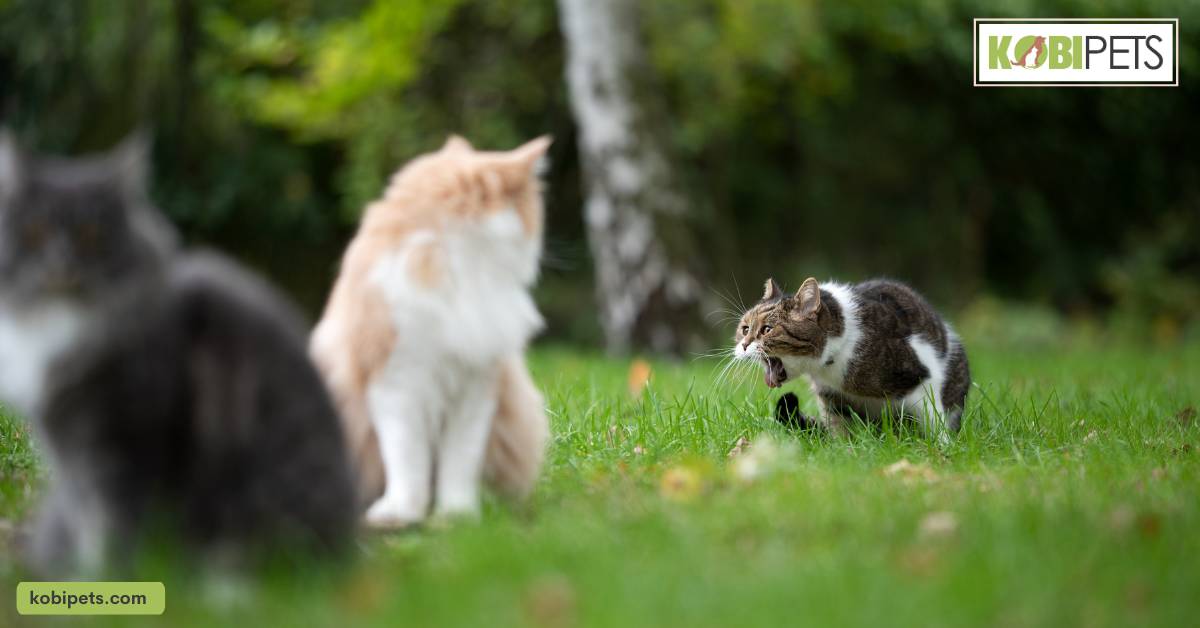
Causes of Cat Throwing Up Water
Throwing up water can be a common issue with cats, which can often cause alarm in owners. The causes are typically related to oral health and digestive issues. Common causes of a cat throwing up water include dental problems, such as gum disease or gingivitis; infectious conditions, like salmonella; stomach inflammation from eating poor quality food; blockages from foreign bodies; and pancreatitis.
An undiagnosed medical condition, such as kidney failure, may also lead to a cat forcibly vomiting up water. To ensure good health and reduce incidences of vomiting water associated with these conditions, it is important that cats receive regular health check-ups and have access to quality nutrition.
Dietary Issues
Many cats experience occasional bouts of vomiting, but when this happens with water, it can take many forms and often has a variety of causes. It could be dietary issues such as eating too much food or too quickly, consuming toxins in their environment, intolerance to certain foods, or a reaction to a new food they are not used to.
In addition to vomiting clear liquid such as water and bile, other signs of digestive issues can occur such as decreased appetite, changes in fecal consistency, or constipation. If any of these symptoms occur along with the cat throwing up water, then it is important that you take them to the vet for an assessment and treatment.
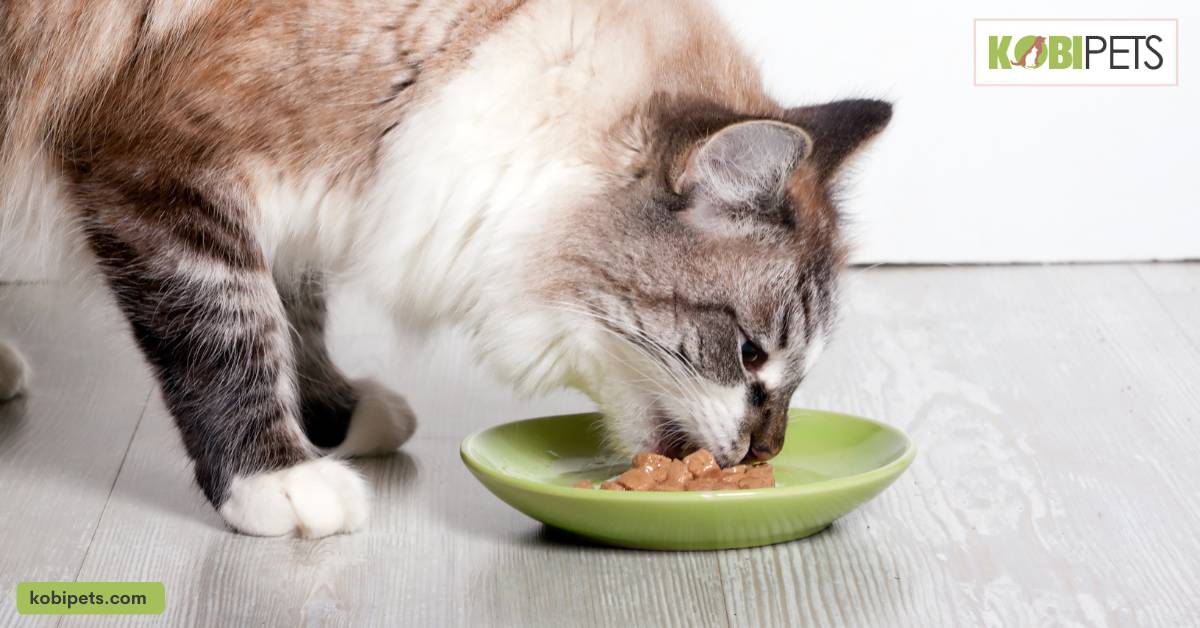
Gastrointestinal Problems
It is not uncommon for cats to suffer from gastrointestinal issues that can cause them to throw up water or their food. While this can be quite alarming for owners, the reason for a cat throwing up water may have various underlying causes. Diet, environmental allergies, parasites, and more can all be triggers that lead to cats vomiting clear liquid.
If the issue is recurrent it is best to take your cat to a veterinarian who can provide a diagnosis of the underlying problem and an appropriate treatment plan. Additionally, asking your vet about the types of food you should be providing your feline friend with can help reduce frequent episodes of vomiting.
Kidney Disease
A common cause of cats throwing up water can be the result of underlying kidney disease. In cats, kidney disease occurs more frequently than in other species and can often go unnoticed since it carries a wide range of symptoms. These can include anything from weight loss and vomiting to changes in drinking habits, with an increase or decrease in volume being observed.
If you notice your cat throwing up water, it is important to visit a vet as soon as possible as this could be an indication that something more serious may be going on, such as kidney disease and early diagnosis is key when it comes to successfully treating any health issue your pet may have.
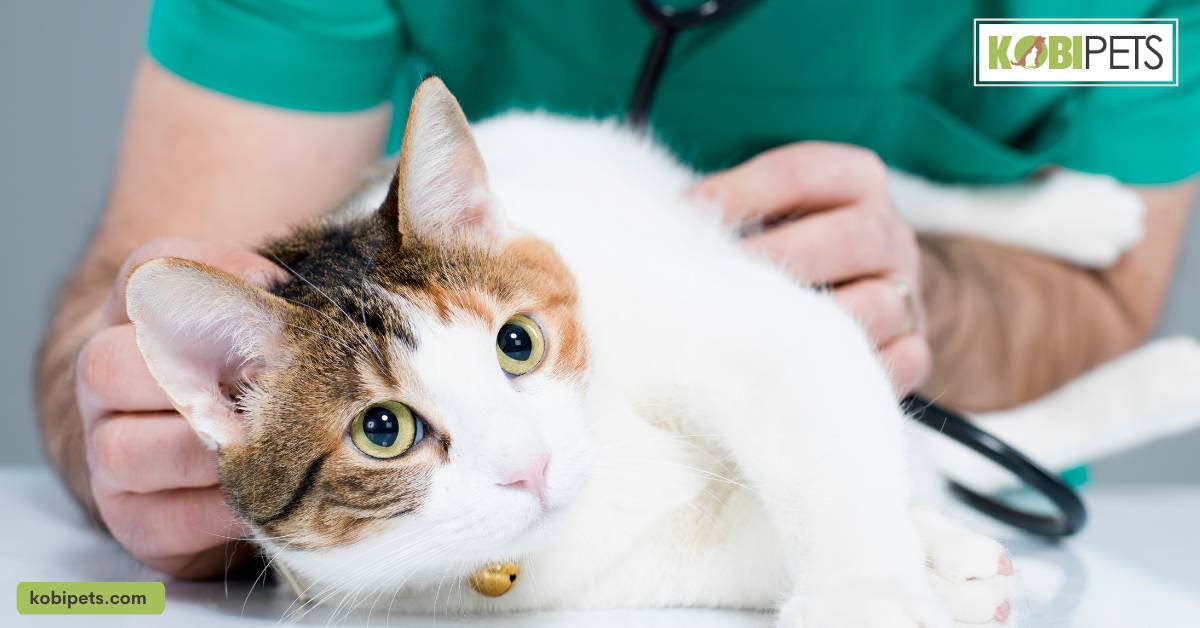
Intestinal Parasites
Many cats experience throwing up due to the presence of intestinal parasites. Common culprits include hookworms, roundworms, tapeworms, and Giardia. These parasites attach to the walls of the cat’s intestines and feed off their blood and other bodily fluids, which can lead to vomiting.
Other symptoms that may also be seen include an increased appetite without weight gain, diarrhea or constipation, dehydration, poor coat condition, and lethargy. If you suspect your cat has intestinal parasites it is important to take them to a vet for diagnosis and treatment as soon as possible in order to avoid future health issues.
Viral Infections
Viral infections can be one of the primary causes of cats throwing up water. Feline calicivirus and feline herpesvirus are two highly contagious viruses that can lead to vomiting in cats. These viruses cause inflammation and create congestion in a cat’s upper respiratory tract, which can result in frequent coughing, sneezing, eye irritation, nasal congestion, and purulent ocular discharge.
Though often mild, serious cases can cause poor appetite and dehydration due to excessive vomiting. If your cat is exhibiting any of these symptoms, contact your veterinarian immediately as they may need to prescribe medication or administer fluids to help with dehydration.
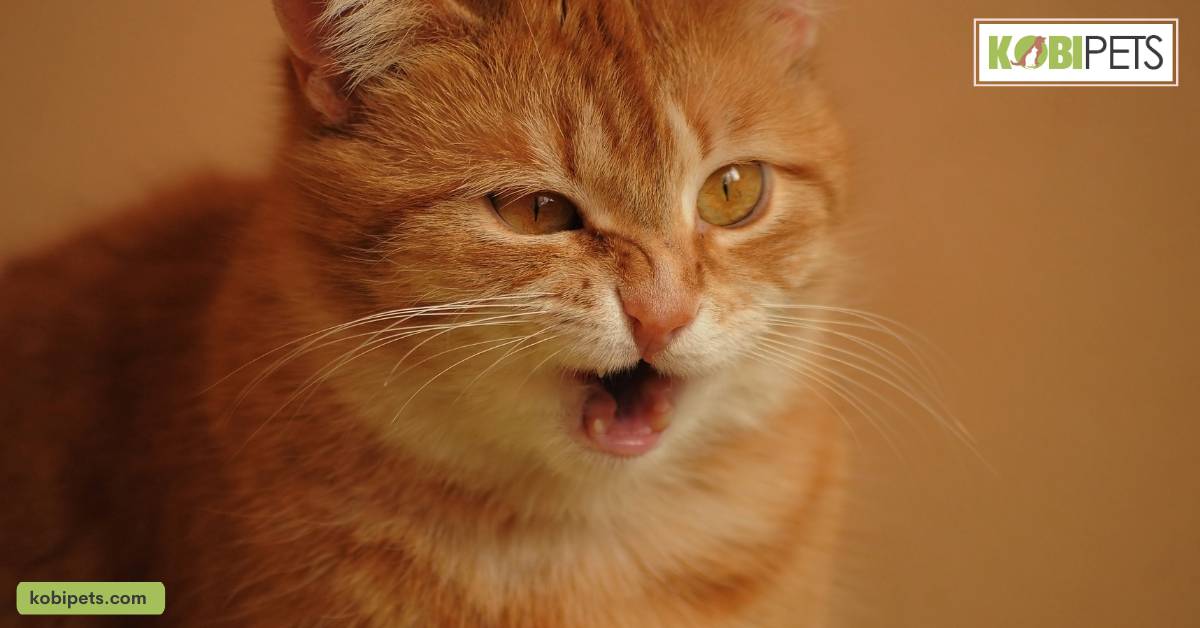
Stress
Kitty throwing up water can be a sign of excess stress in their lives. The most probable causes of this could include environmental stress such as loud, jarring noises like fireworks, or changes to the home environment like people moving in or out.
If a cat’s routine is drastically changed and they are having difficulty adjusting, excessive grooming may cause them to throw up water as well. Talk to your vet if you’re concerned that your cat may be under extended periods of stress, as mental health can be just as important for our feline friends as physical health.
What Should I Do If My Cat Is Throwing Up Clear Liquid?
If your cat is throwing up clear liquid, you should try to get to the root of the problem. Usually, this symptom indicates an underlying health issue such as a dietary sensitivity or gastrointestinal disorder. First, remove any food that may be causing an issue and adjust your cat’s diet.
You should also take it to the vet for an examination if the symptoms do not subside after changing your diet. Your vet will be able to diagnose any underlying health problems and give you advice on what kind of cat food to feed your cat going forward.
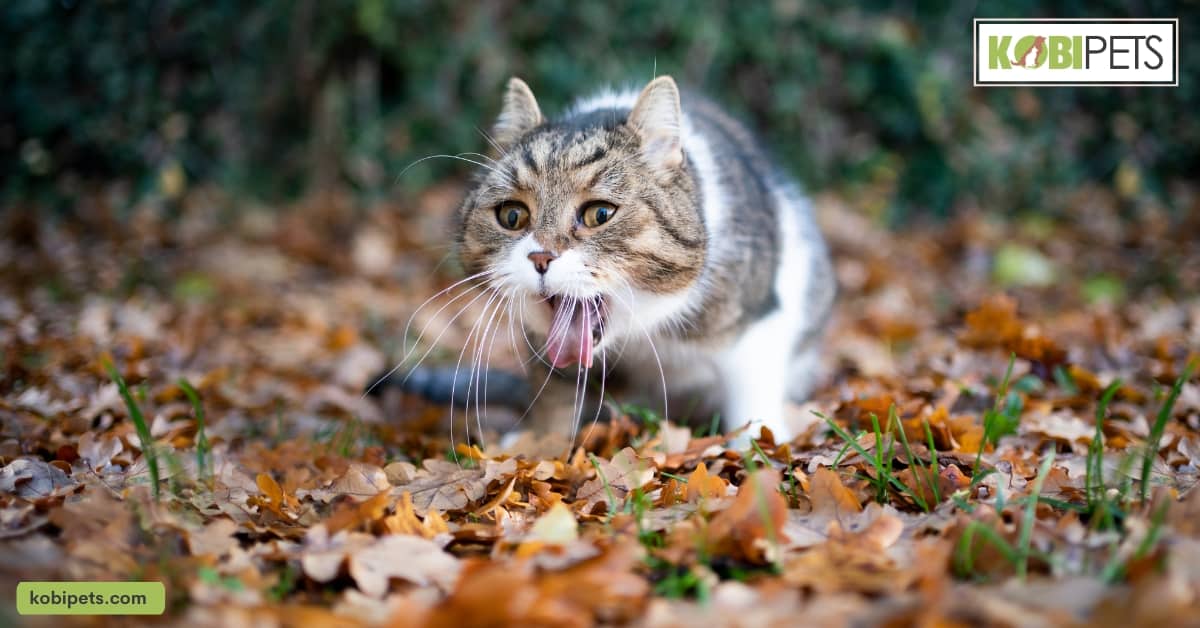
Treatment of Cat Throwing Up Water
Changing Diet / Home Remedies
If you have a cat that throws up water, you may need to adjust its diet. Although cats are natural carnivores, they should still get a balanced diet that includes both wet and dry food with added vitamins and minerals. Consider switching them to a diet designed specifically for cats that suffer from this condition as it can help to reduce the occurrence of vomiting.
Home remedies such as herbal teas or probiotics may also be beneficial. All of these dietary changes should be done gradually so as not to upset your cat’s stomach further, and you should always check with your vet before changing their diet or administering home remedies.
Medications
Dealing with cats throwing up water can be a stressful and tiring experience, but thankfully there are medications available to help. Anti-emetic drugs such as maropitant are a type of medication designed specifically to reduce vomiting in cats. If your cat is suffering from intentional or involuntary regurgitation of water, then this type of drug could be the solution you’re looking for.
Other treatments include dietary modifications and adjusting any pre-existing health problems. It’s important to consult your vet before attempting any form of medical treatment for your cat so that you can get the best advice and care available.

Surgery
Cats are highly susceptible to gastrointestinal issues, and cats throwing up water is a common problem that cat owners have to deal with. While not life-threatening, cats throwing up water can often indicate an underlying medical issue. In such cases, surgery is sometimes necessary as it provides the most effective way to treat the root cause of the vomiting.
It is important for cat owners to watch for signs of cats throwing up water and to speak with a veterinarian if their cat experiences this issue regularly. Surgery can help provide long-term relief from cats throwing up water and ensure your cat lives a happy and healthy life.
When to Seek Help From a Vet?
Cat owners should make sure to take extra care of their cat’s health, as they are especially prone to certain illnesses and diseases. If you notice your cat throwing up water or other liquids, it is important to seek the help of a veterinarian right away. Excessive vomiting can be a sign of feline diabetes, ulcers, hyperthyroidism, and other illnesses that your cat can experience.
A veterinarian will be able to assess your cat’s health and determine which illness takes precedence. In order to make the best decision for your cat’s health, be sure to act quickly and get them in front of a vet at the first sign of trouble.
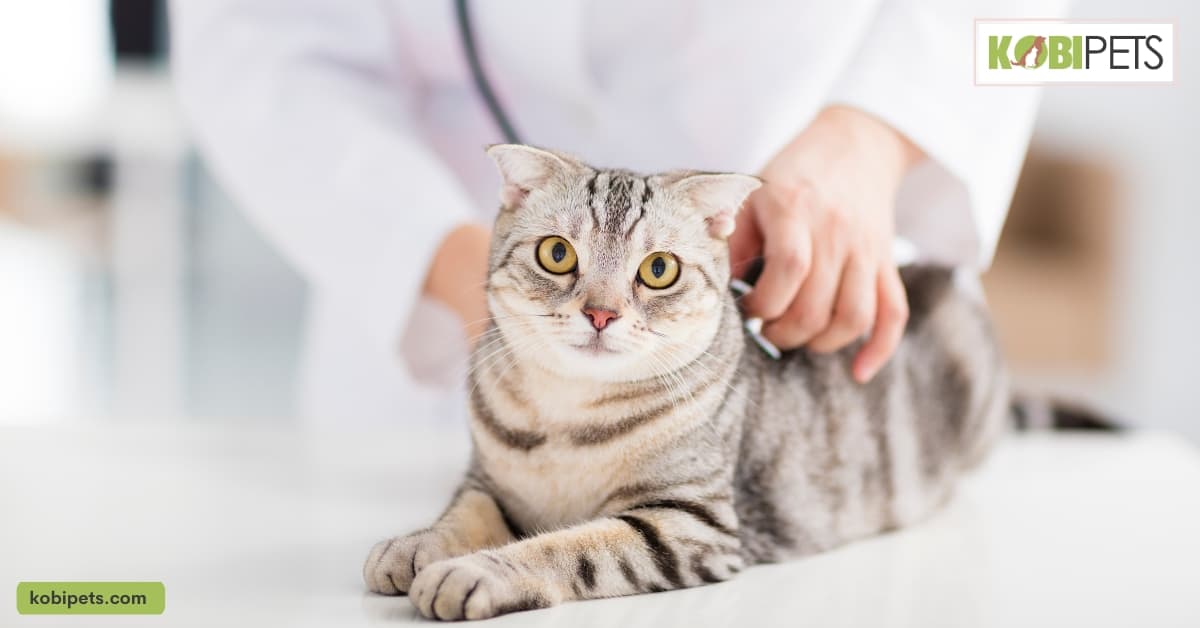
In Conclusion
Cats throwing up water or clear liquid can be a sign of something more serious going on in their body. While it is important to make sure your cat has access to fresh water and that the bowl is kept clean if vomiting persists for more than 24 hours it would be wise to take them to the vet so they can receive a proper diagnosis and appropriate treatment.
The causes of a cat throwing up water are typically related to dental problems, infectious conditions, stomach inflammation, blockages from foreign bodies, pancreatitis, dietary issues, gastrointestinal problems, kidney disease, intestinal parasites, viral infections, and stress. Knowing the underlying cause is key to providing your cat with the correct
